 Yes, COVID is still an issue in May of 2021 – especially if you are a male with low testosterone.
Yes, COVID is still an issue in May of 2021 – especially if you are a male with low testosterone.
The coronavirus pandemic has affected the lives of nearly everyone on the planet (except, perhaps, the off-grid folks or hermits of the woods), and recent studies are telling us that men with low testosterone levels are more at risk for developing severe COVID-19 symptoms and/or complications.
Unfortunately, this news shows a trend of decreasing testosterone levels in men – and not just in older men, but men in their 20s and 30s, too (That is a topic for another article, however).
Low-T Linked to Increased Risk of Severe COVID-19 in Men
A recent study published in the journal JAMA Network Open found that low testosterone levels in men are linked to severe COVID risk in men, but it was not proven that low testosterone is the cause of severe COVID-19. The researchers concluded that low testosterone levels could help us in the way of a biomarker of other causal factors.
Typically, when testosterone levels are low in men, estrogen levels are higher. This leads to adverse effects in men, including weight gain, muscle loss, and depression, just to name a few.
Estrogen is the “female hormone” that is mainly responsible for developing and regulating the female reproductive system, such as menstruation and pregnancy.
The researchers from the Washington University School of Medicine advise that caution should be taken in the ongoing clinical trials looking at hormone therapies for treating men with COVID-19, including the blockage or lowering of testosterone and/or increasing estrogen.
 Higher Levels of Testosterone a Good Thing When Battling COVID
Higher Levels of Testosterone a Good Thing When Battling COVID
Professor of Medicine and study author Abhinav Diwan stated, “During the pandemic, there has been a prevailing notion that testosterone is bad. But we found the opposite in men...If a man had low testosterone when he first came to the hospital, his risk of severe COVID-19 was much higher than men with more circulating testosterone.”
If a man’s testosterone drops even lower while in the hospital fighting the coronavirus, the risk of severe symptoms increases. During the course of the study, the researchers recorded data on several hormones taken from 90 men and 62 women demonstrating symptoms of COVID-19 with a confirmation of diagnosis.
Blood samples for the hormones were taken upon initial intake at the hospital and on days 3, 7, 14, and 28 if the patient stayed that long in the hospital. Besides testosterone, the researchers also measured estradiol and IGF-1.
Estradiol is a form of estrogen naturally produced by the body, and insulin-like growth factor-1 (IGF-1) is a hormone similar to insulin. It helps us to maintain muscle mass.
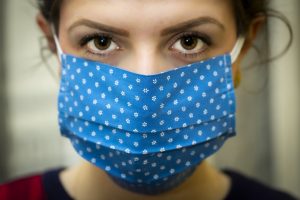 Low Testosterone Has No Effect on Women With COVID-19
Low Testosterone Has No Effect on Women With COVID-19
The women in the study had no correlation between levels of any of the hormones tested and the severity of the coronavirus. With the men, only testosterone was linked to infection severity.
In the medical world, 250 nanograms(ng) per deciliter (dL) of testosterone is considered “low” testosterone in adult men. When men were admitted to the hospital with severe symptoms, the average testosterone levels were around 53 ng/dL. The men with less severe symptoms had average of 151 ng/dL levels.
The Lower the Testosterone Levels, the Worse the Disease
At day three, the average testosterone level of the severely ill men was just 19 ng/dL. The lower the testosterone, the worse the disease. What this means in terms of medical care was that the “low testosterone” men were at the highest risk of needing a ventilator, intensive care, or death. In fact, thirty-seven patients (out of which 25 were men) died from the illness over the course of the study, unfortunately.
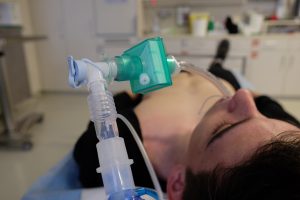 In addition, other factors that are known to increase the risk of severe COVID-19 symptoms, such as increased age, diabetes, and obesity, are also linked to low testosterone.
In addition, other factors that are known to increase the risk of severe COVID-19 symptoms, such as increased age, diabetes, and obesity, are also linked to low testosterone.
Study author Sandeep Dhindsa, endocrinologist, stated, “The groups of men who were getting sicker were known to have lower testosterone across the board.”
Dhindsa also said, “We also found that those men with COVID-19 who were not severely ill initially, but had low testosterone levels, were likely to need intensive care or intubation over the next two or three days.”
He believes that low testosterone levels demonstrate a predictive aspect in which patients will likely become severely ill in the next couple of days after hospital admission.
Reference

- Live Consciously and Live Better [Last Updated On: January 6th, 2025] [Originally Added On: November 4th, 2020]
- HGH Injections: A New Revolution in Longevity, Health, Medicine, and Life Quality -- HGH Injection [Last Updated On: January 6th, 2025] [Originally Added On: November 10th, 2020]
- The Baby Boomer Dilemma -- To Use, or Not to Use, HGH to Fix Your Lifestyle Mistakes [Last Updated On: July 25th, 2024] [Originally Added On: January 10th, 2021]
- How HGH and Testosterone Can Make a Huge Difference in Your Life [Last Updated On: July 5th, 2024] [Originally Added On: January 11th, 2021]
- 34 Good Health Tips to Improve Your Health and Wellness [Last Updated On: July 1st, 2024] [Originally Added On: January 17th, 2021]
- Personal Human Growth Hormone HGH Testimonial [Last Updated On: July 2nd, 2024] [Originally Added On: January 18th, 2021]
- Starting Your HGH Therapy Program [Last Updated On: June 29th, 2024] [Originally Added On: January 26th, 2021]
- Human Growth Hormone for Body Sculpting [Last Updated On: December 30th, 2024] [Originally Added On: January 27th, 2021]
- Human Growth Hormone Replacement Therapy for Men [Last Updated On: November 19th, 2024] [Originally Added On: January 29th, 2021]
- Get Optimal Results on an HRT Program with Proper and Effective Nutrition [Last Updated On: August 7th, 2024] [Originally Added On: February 4th, 2021]
- An Introduction to the Lymphatic System [Last Updated On: June 30th, 2024] [Originally Added On: February 6th, 2021]
- Basic Human Growth Hormone Information [Last Updated On: July 4th, 2024] [Originally Added On: February 11th, 2021]
- Buying HGH Legally. Is HGH legal in the United States ? [Last Updated On: July 3rd, 2024] [Originally Added On: February 18th, 2021]
- Zap The Ugly Fat With Human Growth Hormone [Last Updated On: June 26th, 2024] [Originally Added On: February 20th, 2021]
- COVID-19 Global Pandemic: Boosting Your Immune Defense with Growth Hormone [Last Updated On: December 31st, 2024] [Originally Added On: February 24th, 2021]
- Early Exposure to BPAs Can Cause Serious Damage Later in Life for Elderly Men [Last Updated On: November 13th, 2024] [Originally Added On: March 2nd, 2021]
- Ascendis Pharma Given the Go-Ahead by FDA to Develop Long-Acting HGH Treatment [Last Updated On: January 1st, 2025] [Originally Added On: March 4th, 2021]
- Growth Hormone Leads to Liver Regeneration and helps support healing post surgery. [Last Updated On: January 7th, 2025] [Originally Added On: March 5th, 2021]
- Testosterone Levels Main Determining Factor Behind Fracture Risk in Older Men [Last Updated On: September 18th, 2024] [Originally Added On: April 23rd, 2021]
- Anti-Aging HGH Research of Growth Hormone Injections [Last Updated On: June 28th, 2024] [Originally Added On: April 24th, 2021]
- Anti-Aging News: HGH Shown to Reverse Aging in New Study! [Last Updated On: November 18th, 2024] [Originally Added On: May 4th, 2021]
- Stop Premature Aging Dead in its Tracks with Growth Hormone! [Last Updated On: November 23rd, 2024] [Originally Added On: May 14th, 2021]
- Human Growth Hormone and Cell Regeneration [Last Updated On: June 27th, 2024] [Originally Added On: May 20th, 2021]
- Increased Belly Fat? Blame it on Your Hormones! [Last Updated On: November 17th, 2024] [Originally Added On: May 21st, 2021]
- Joe Rogan -- Palumboism Due to Hormone Abuse? [Last Updated On: June 25th, 2024] [Originally Added On: May 22nd, 2021]
- Hormone Therapy May Help Post-Menopausal Women Postpone Onset of Atherosclerosis [Last Updated On: June 24th, 2024] [Originally Added On: May 23rd, 2021]
- Hormone Effects:: My Mind Is Racing and I Feel Like I’m Going Crazy - Could Hormones Be the Cause? [Last Updated On: August 15th, 2024] [Originally Added On: August 3rd, 2021]
- Fake News About Hormone Replacement Therapy for Women [Last Updated On: November 12th, 2024] [Originally Added On: September 16th, 2021]
- Overcome HGH Deficiency with Ipamorelin Acetate Injections [Last Updated On: January 14th, 2025] [Originally Added On: September 21st, 2021]
- About to be a Father? How Hormones Will Affect Your Parenting [Last Updated On: October 4th, 2024] [Originally Added On: March 7th, 2022]
- Fighting Off Brain Fog to Think More Clearly [Last Updated On: July 18th, 2024] [Originally Added On: May 30th, 2022]
- HGH Vs. Testosterone: Which One Do You Need? [Last Updated On: October 30th, 2024] [Originally Added On: November 30th, 2022]
- Low HGH Levels Can Lead to Cognitive Impairment [Last Updated On: August 18th, 2024] [Originally Added On: April 12th, 2023]
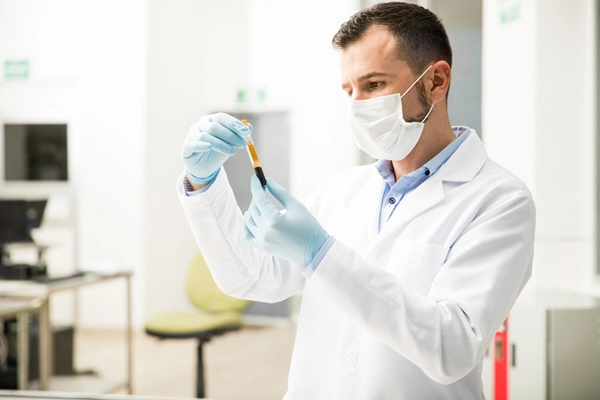
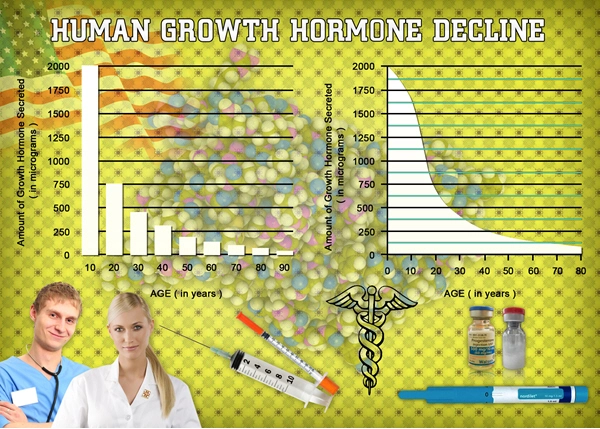
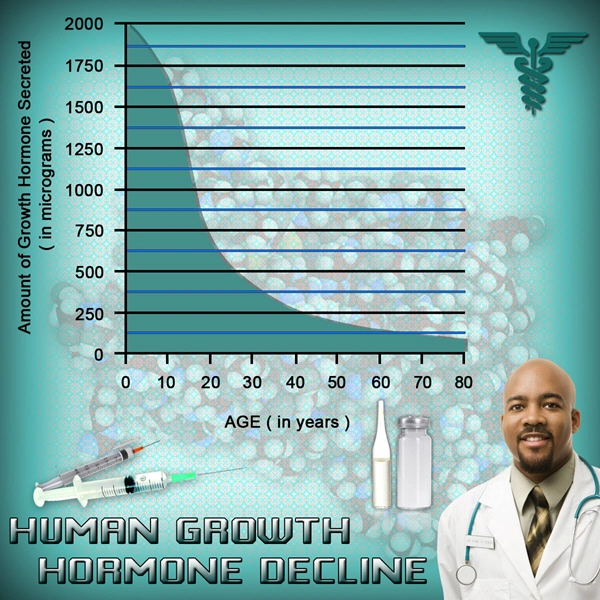
List of USA state clinics - click a flag below for blood testing clinics.
Word Count: 742



















































